Not long ago, I wrote about Nassim Nicholas Taleb’s Skin in the Game, his latest book in a series of book publications that form a whole called Incerto (Latin for uncertainty). As if I didn’t have enough of the author’s ideas, I read his second to last book, Antifragile, to get more immersion in the author’s worldview. As with Skin in the Game, it was a perfect summer experience, adventuring through time and space to realize, in the end, that freedom is priceless and that character is, indeed, destiny. While some of the ideas in both books overlap and the style is more or less the same, what I found interesting in Antifragile is its tone, one that is at times lyrical because it feels more personal. One gets the impression that the author had not been contemplating another book (which is an elaboration of the last part of Antifragile). That he lived to write another one (and, I hope, many more to come) is a sign of the antifragility of the man since, barring a Black Swan event, his ideas will continue to find eager readers and listeners.
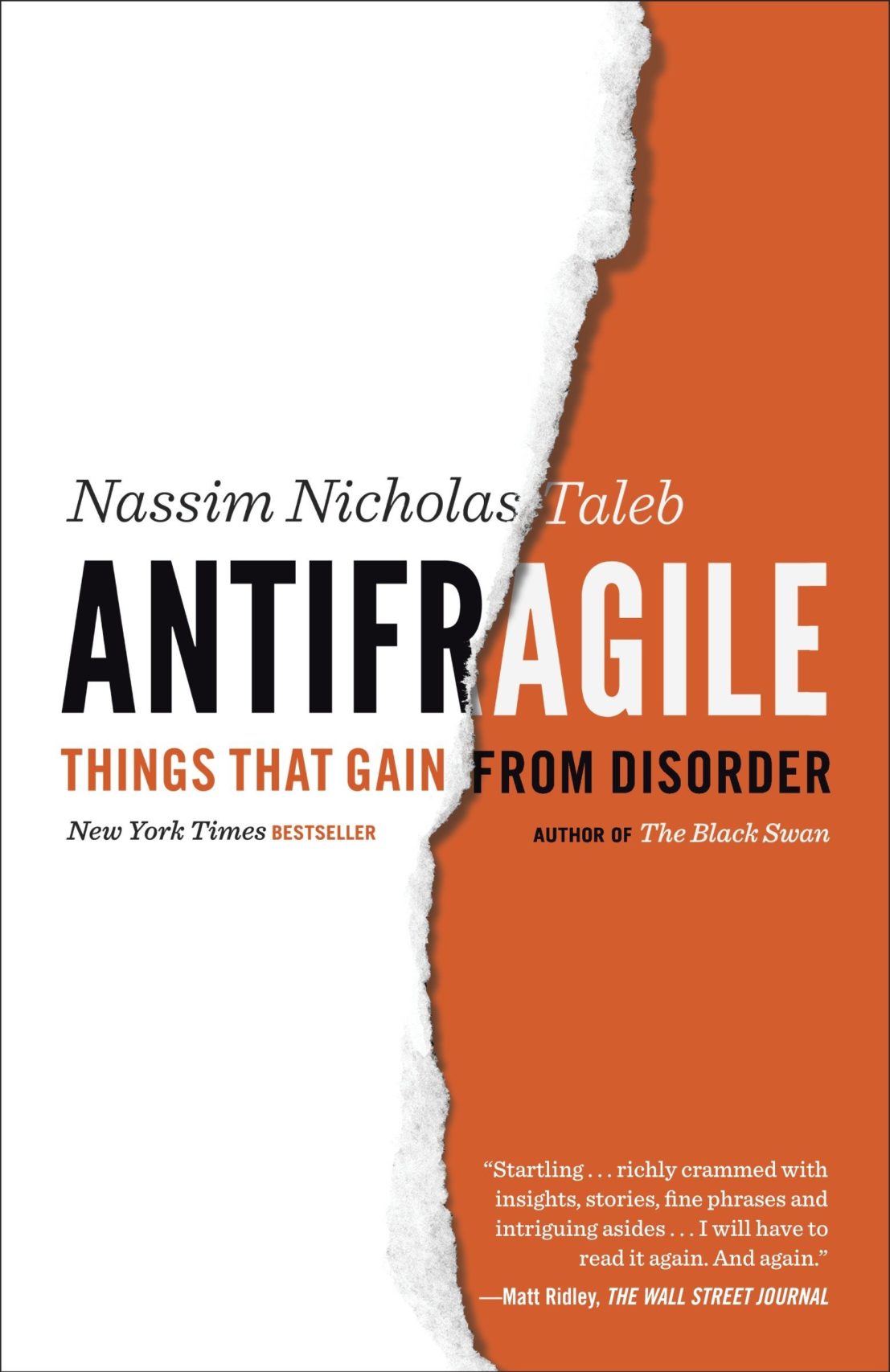
From the book, one feels that the man and his ideas are practically inseparable. Taleb is a proud member of his village Amioun in Lebanon, and it is his childhood there that has shaped his character. He still observes the rituals of his Greek Orthodox religion. The son of a proud Jesuit-trained father who was the best high school graduate of his generation, Nassim chose to be an autodidact rather than a good classroom student. As a teenager, he read voraciously and methodically to learn what school didn’t teach and to avoid the fatal curse of boredom. He was impressed by a nanny who died to save a child and by his own father when he confronted a militiaman during the Lebanese war and was shot in the back. The bullet remained lodged in his chest until he died.
As a kid, Taleb dreamt of “a literary or philosophical career.” It may have taken decades, but his dream is currently being realized through his prolific publications and constant presence on Twitter. His method is, again, uniquely his. He doesn’t look things up when writing. He likes to work in cafés, against resistance. And, as with all his endeavors, he is motivated by respect of the weak and committed to intellectual courage. For Taleb despises cowards who judiciously avoid the consequences of their opinions and quotes the great medieval Arab poet Al Mutannabi as an example of someone who died for his writing. He also admires André Malreaux and Ralph Nader’s courage.
Taleb is clearly a man of courage: His temper led him to be jailed after assaulting an officer during a riot in Lebanon, but he is also a man of discipline who was able to make “f*** you money” in his 20s and set himself free for life. One must be self-owned to be free, and a free person simply can’t trust “someone on a treadmill.” As the Arabic saying goes, a free man’s hand is a scale (yadu al hurr mizan). For this reason, he hates employment and the dependency it creates. Except for eight years, Taleb has always been self-employed.
As a fiscal conservative, Taleb hates debt and has an ambivalent relationship with comfort. He feels punished by it, yet he admits he “can’t resist” it. He likes Seneca’s brand of Stoicism. The wealthiest man in the Roman Empire warned against wealth not because he was poor or unknown but because such success increases worry (downside). He is, however, resolutely, against “the modern disease of touristification” and considers himself a flâneur, not a tourist. As such, he is understandably “hurt deeply” by the “goal-driven” life. “If I would predict what my day would exactly look like,” he states, “I would feel a little bit dead.” The thrill-seeking author who prefers danger to boredom doesn’t trust people who never sinned or made errors—as long as the errors are not the same. And like Seneca again, he believes in investing in the good and in “human relations and more commitments.”
Although he worked as a trader in stock markets, Taleb despises corporations because they sell junk through the evil of marketing; good things, to him, need no marketing. Even worse, corporations have no feelings or honor, and corporate managers get only the upside and endure little (financial) risk or punishment for ruining other people’s lives. More than $3 trillion of savers’ and retirees’ money was wiped out during the Great Recession, but CEOs lost no money of their own. Robert Rubin made $120 million at Citibank, but when the bank failed it was bailed out by taxpayer money and he walked away unscathed. He simply transferred his fragility to others. No skin in the game.
Taleb seems to be a cross between two characters that serve as his alter ego: The bookish Nero Tulip and the street-smart Tony DiBenedetto (better known as Fat Tony). In their way, both men seem to have insulated themselves against fragility—which, in the world of trade, often passes for plain stupidity, or the inability to see clearly due to the deceptive effects of higher education, especially in top business schools. It is true that Taleb has an MBA from the Wharton School and a Ph.D. from Paris, but he did his doctoral work after working as a trader.
Taleb doesn’t believe in the idea of moderation or the “golden middle” (that’s the road to perdition), but in the barbell model, a system of extremes that balance themselves out (prudence on one end, extreme risk-taking on the other). Making things safe is to make them fragile (vulnerable to Black Swans). Like occasional forest fires, complex systems need “the right amount of stress and disorder” to remain healthy. Mistakes and the tragedies of others benefit us because they show us the way to be better prepared for future ones, even if the exact nature of the latter can’t be predicted. Getting in serious “but not terminal” trouble is the best way to avoid degradation. Since past worst-case scenarios are not predictors of ones to come, and since our track record of forecasting rare events is virtually zero, we have no option but to be subjected to regular stressors as a preparation for Black Swans. He compares this situation to hormesis (a term coined in 1888 by a German toxicologist), which means administering small doses of poison in the body to stimulate growth. This is not a blanket panacea, for induced harm can also be negative. The use of antibiotics, for example, can lead to antibiotic resistance and cause even more harm.
One would think that a man like Taleb would be an apostle for the new culture of innovation, yet he is mostly contemptuous of the fad he calls “neomania.” People forget that we owe the Industrial Revolution to “hobbyists and the English rector” and medical and pharmaceutical discoveries to chance, not to some research proposal or strategic planning. Equally wrongheaded is the belief that education (theory) causes wealth (or practice), while it is the reverse that is true. Oil-rich countries are wealthy, but this wealth is not the outcome of Arab education systems. Wealth is produced by non-intellectual, street-smart practitioners who, like Fat Tony, don’t succumb to false causal links. They don’t get distracted by theory and knowledge of history. The same holds for other areas. Most of the great architectural work of antiquity didn’t rely on math, and yet it has lasted for centuries and even millennia. Like the Swiss franc trader, practitioners keep their eyes on the prize. “We create theories out of practice,” insists Taleb. Academics and theorists are only good at lecturing birds on how to fly! Prosperous Switzerland, with its unremarkable education system, is a good illustration of the superiority of practice over abstract knowledge. But as it turns towards more formal education, it may lose its edge.
It goes without saying that Taleb is wary of intervention, although he would allow it in certain limited cases. If nature ran the economy, it wouldn’t bail out anyone. Risk, even suicidal risk, is better for the economy, but bailing out big firms means “transferring fragility for the collective to the unfit.” This mania for intervention at all costs leads to a system that rewards people who do something and ignores those who act without doing. A doctor who performs a surgical intervention can prove that he or she has acted, while the one who chooses not to intervene but achieves a similar or even better result goes unrecognized. Yet, in a world of so much uncertainty, volatility, and complexity, doing less is actually doing more. It is for this reason that Taleb recommends fasting and adopting the principle of via negativa (removing what is unnatural), except in cases where the benefits outweigh the risks. In antiquity and throughout much of history, a physician was considered a wise philosopher (hakim, in Arabic), not a drug dispenser. As Montaigne noted, physicians, like soldiers, prefer illness and war to health and peace.
Modern civilization creates diseases that were extremely rare or just didn’t exist in the past. Looking at it this way, the benefits of modern medicine are, in fact, very limited, if not mostly harmful. That drugs make one ill has been attested since antiquity. It is healthier to remove oneself from urban civilization, seek solitude, and eat a balanced diet, alternating between paleo and vegan, for instance. Fasting and deprivation are also good because they are stressors that allow recovery. Still, no one is going to live forever, and that’s a good thing. We survive through the information we leave behind, such as progeny (genes) and books.
Our author doesn’t have good things to say about our teleological educational system, which strives to impose meaning on what is elusive. Cato the Elder and many others throughout the ages rejected Aristotle’s philosophy of “making existence appear comprehensible.” Nietzsche got it right when he said in The Birth of Tragedy that “what is not intelligible to me is not necessarily unintelligible.” He was also the first to note that Dionysus is associated with “creative destruction” or is “destructively creative” and is, therefore, antifragile. Academia simply can’t tolerate the opaqueness of knowledge that can only be reached through tinkering and lived experience, not theory of philosophy.
Taleb is certainly not a zoo lion. He ranges roaringly in the wild, living comfortably in his peregrinations and facing his future stoically. He cherishes his old habits, eats traditional foods, drinks Lebanese and other wines, lifts weights, writes in his attic, and tweets to the world. He deploys philosophy and mathematical thinking to show us the ways of the antifragile, but he also knows that death is stalking us all. Information may outlast us and drift down the rivers of posterity, but nature—whatever it is—will have the final word.

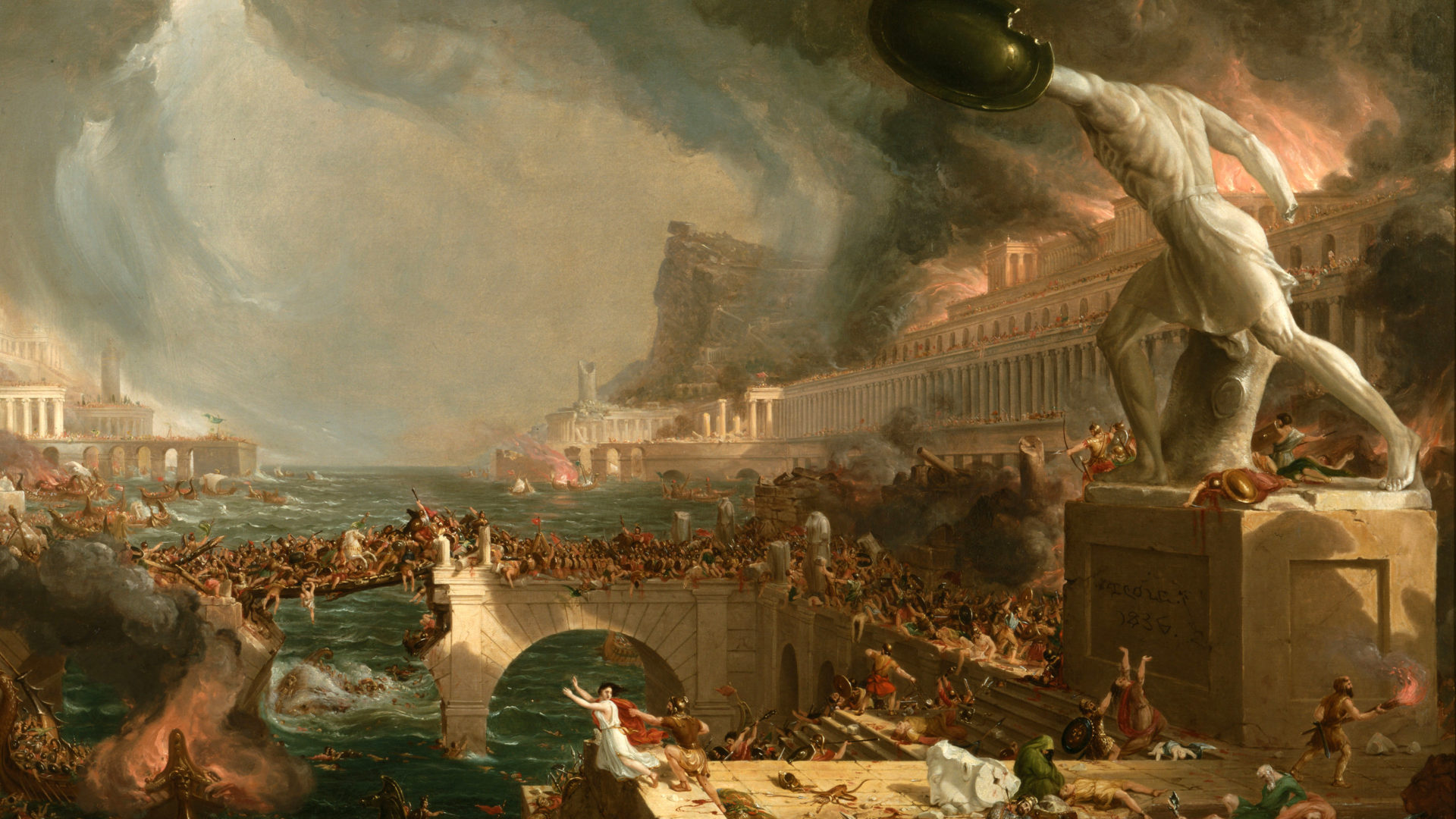
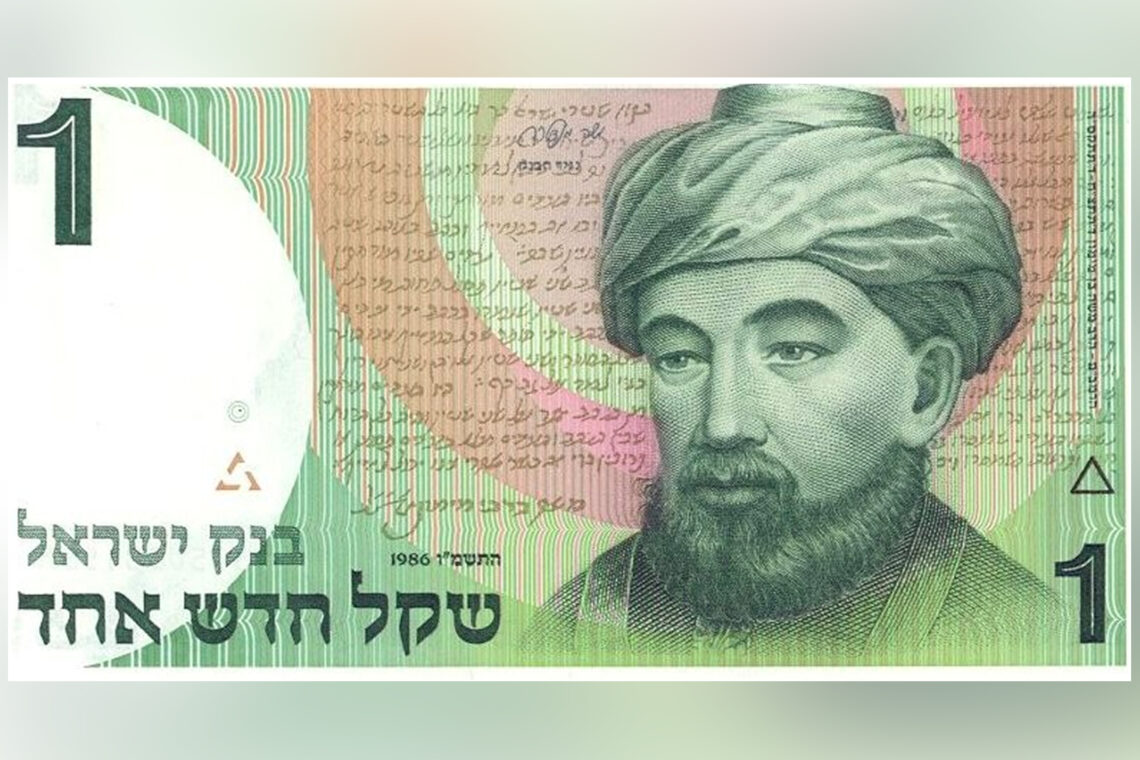
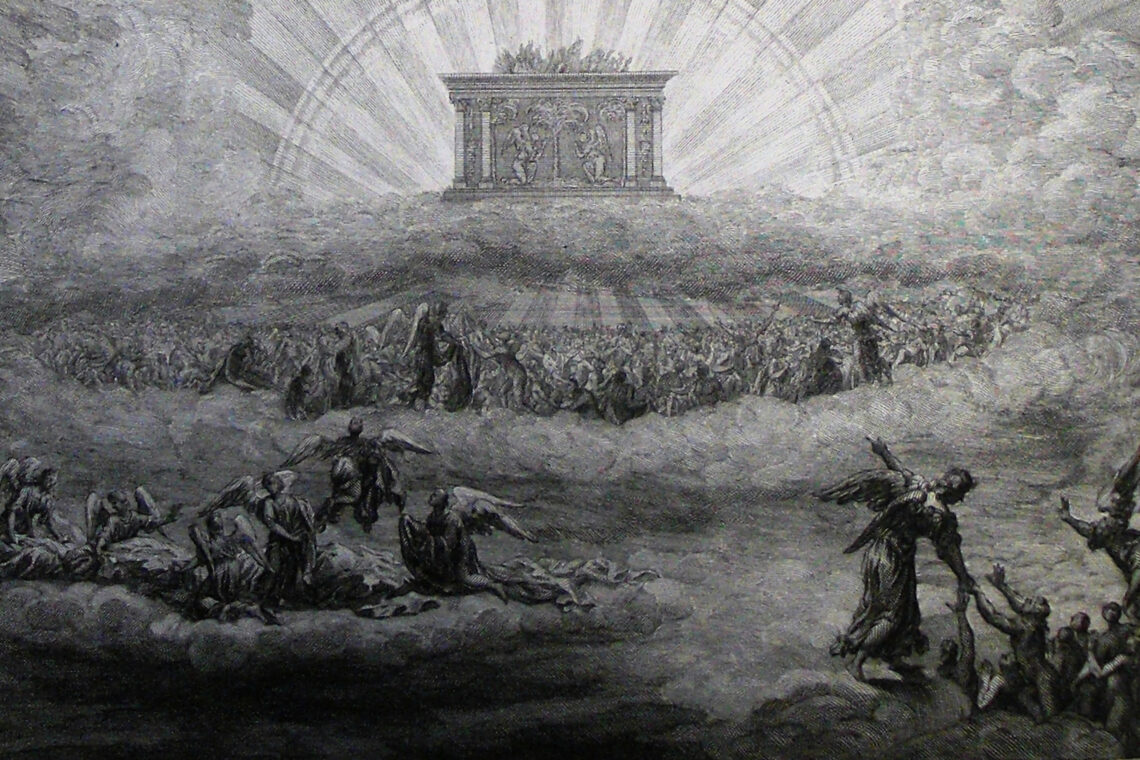
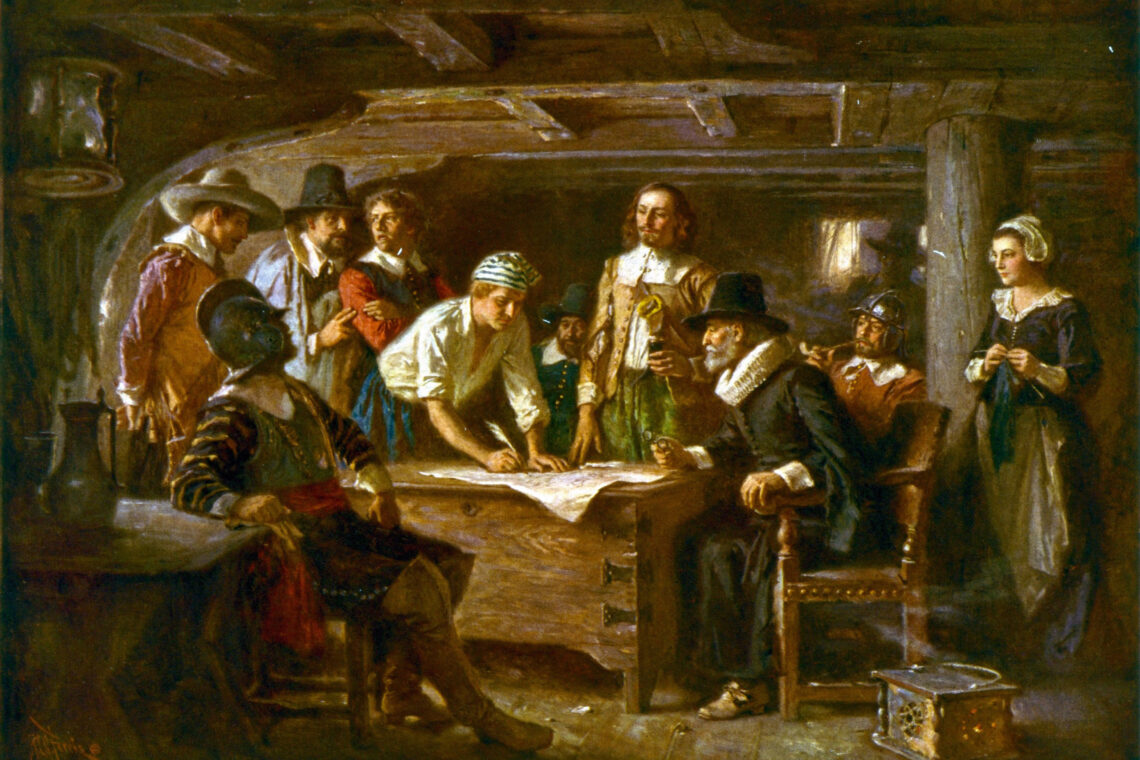
Comments are moderated by the editor and may not appear on this discussion until they have been reviewed and deemed appropriate for posting. All information collected is handled in a manner consistent with our privacy policy.